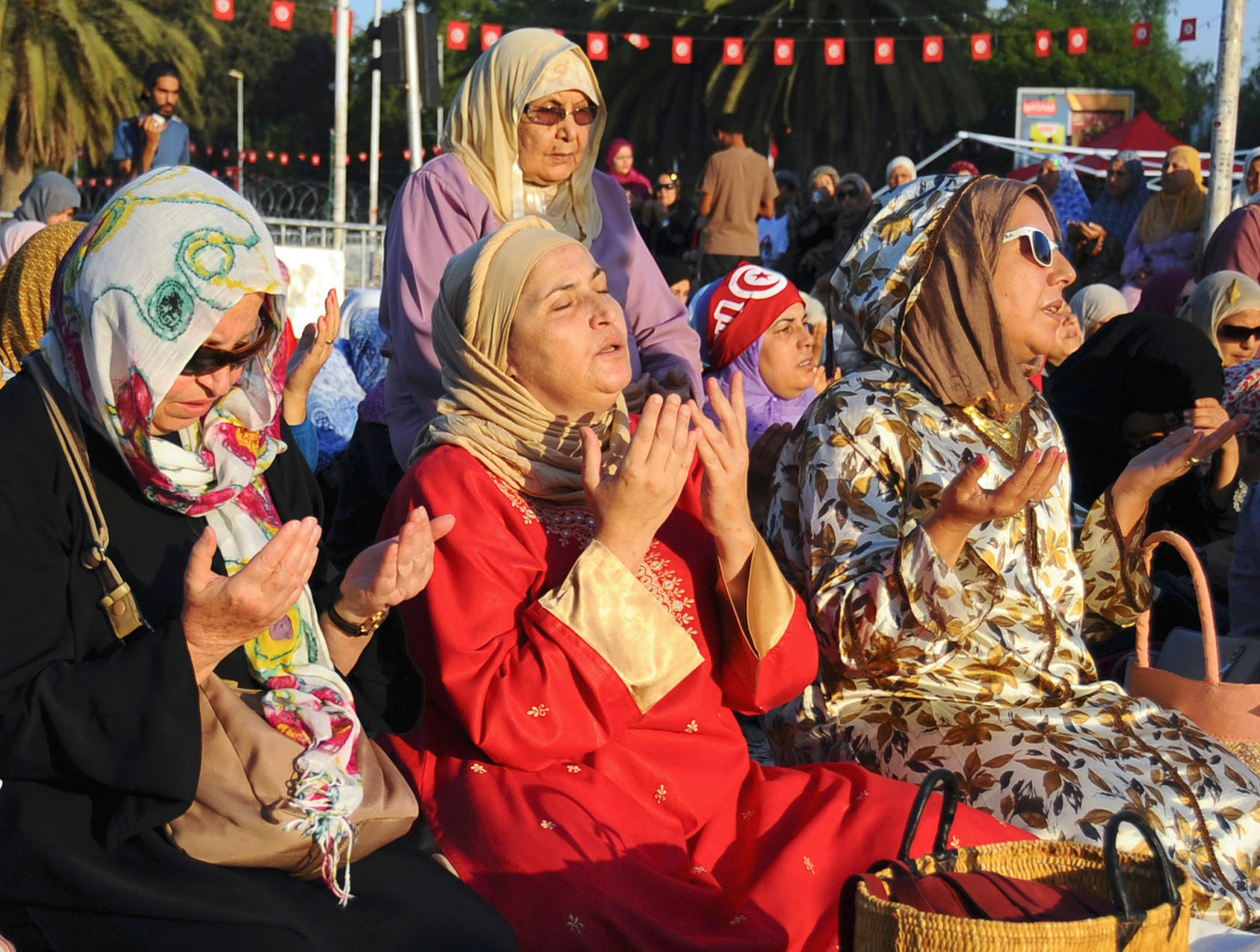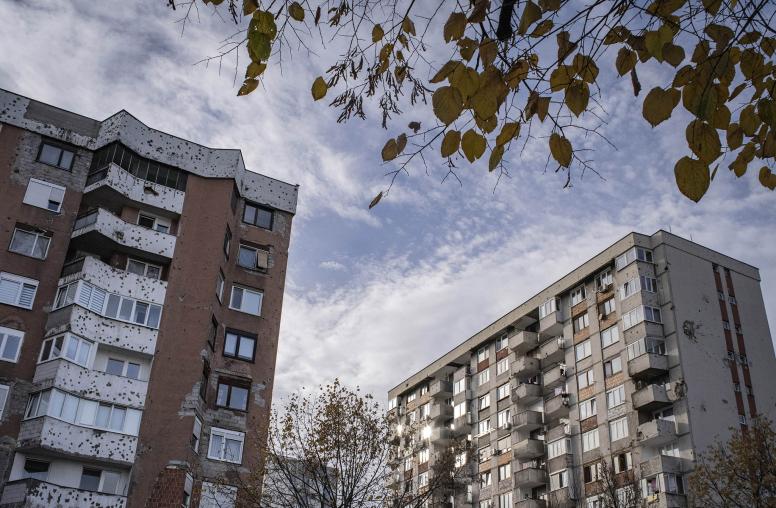Global Trends and Challenges to Protecting and Promoting Freedom of Religion or Belief
USIP collaborated with USAID’s Center for Faith-Based and Neighborhood Partnerships on an initiative called Closing the Gap to study the relationship between religious freedom and regime type, political stability, and economic development. This report summarizes the study’s main findings and offers recommendations for policymakers and peace practitioners seeking to protect and promote the freedom of individuals to practice the religion of their choice, convert to another faith, or profess no faith at all.

Summary
- Religious restrictions and hostilities have risen steadily over the past few decades.
- Existing efforts to protect religious freedom primarily rely on international community mechanisms that hold national governments accountable for violations. Calls for more evidence-based approaches have also grown in recent years.
- Recognizing the importance of such approaches, the United States Institute of Peace conducted a two-year study on the relationship between freedom of religion or belief and regime type, political stability, and economic development.
- The analysis found that freedom of religion or belief correlates positively and significantly with democracy, and that some types of violations of religious freedom correlate positively and significantly with political instability. Although it did not find a statistically significant correlation with country-level economic development, the case studies illustrate how religious discrimination can influence local economies, and vice versa.
- Policymakers and peacebuilders should better integrate religious freedom into democracy-promotion efforts and the broader human rights agenda. They should also develop context-specific and locally owned initiatives and pursue evidence-based research and policy.
About the Report
Drawing on quantitative cross-national analysis and select country case studies, this report explores the relationship between religious freedom and type of government, forms of political stability, and measures of economic development. Research was carried out as part of the Closing the Gap project initiated by USIP’s Religion and Inclusive Societies Program and supported by USAID’s Center for Faith-Based and Neighborhood Partnerships.
About the Authors
Jason Klocek is an assistant professor at the University of Nottingham’s School of Politics and International Relations, a senior researcher with the Religion and Inclusive Societies team at the United States Institute of Peace, and a faculty affiliate of the University of Notre Dame’s Center for the Study of Religion and Society. Scott Bledsoe is a doctoral candidate at George Mason University’s Schar School of Policy and Government.



